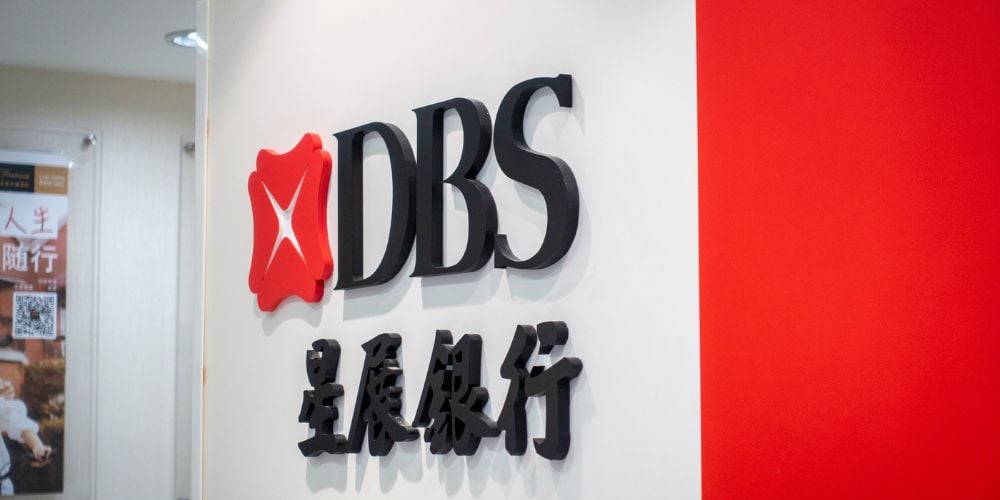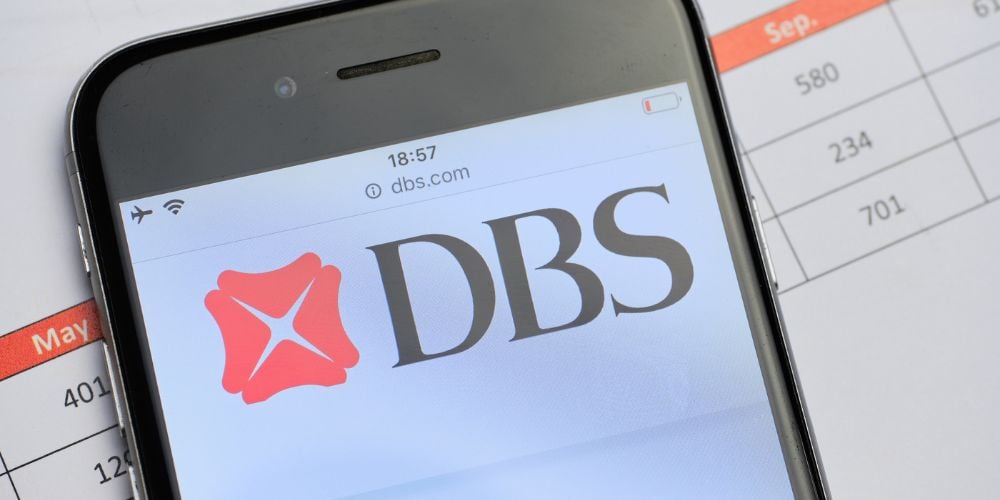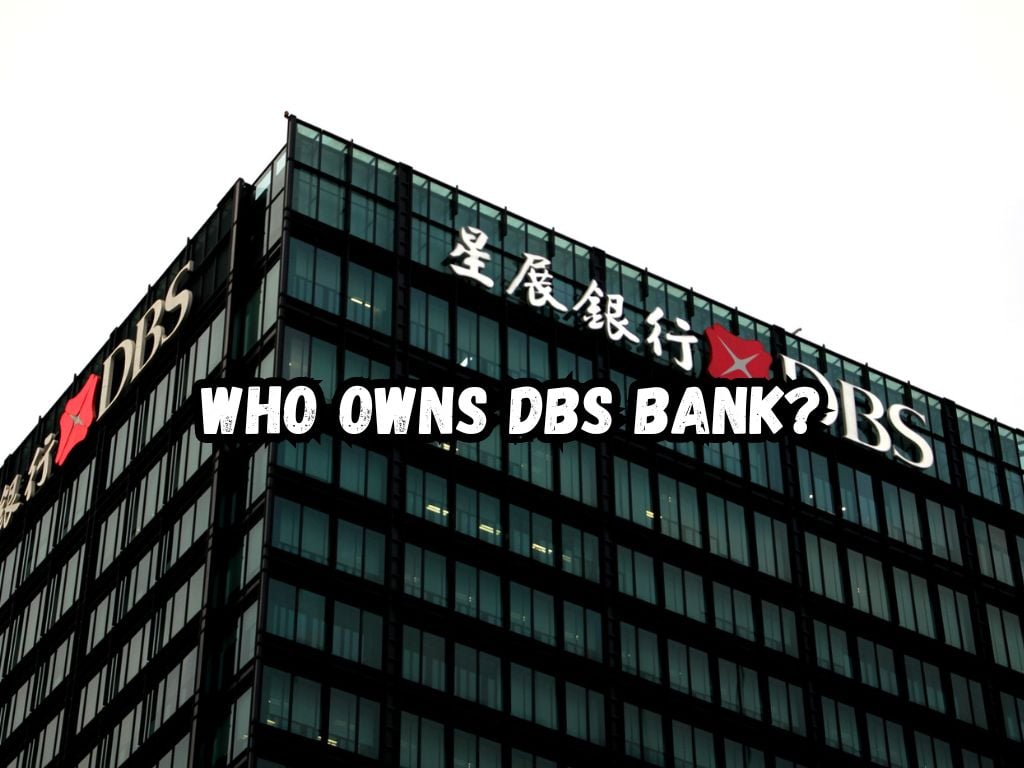DBS Bank, a leading financial institution, is a major player in the global banking industry. Understanding the ownership structure of such an institution provides insights into its decision-making process, operations, and overall strategy. But, who owns DBS Bank?
Overview of DBS Bank
DBS Bank has a rich history, having been established several decades ago. Founded in 1968 as the Development Bank of Singapore, it has grown into one of the largest banks in Asia. With a presence in 18 markets worldwide, DBS Bank serves more than 26 million customers.
Company Background
DBS Bank’s roots can be traced back to the government’s efforts to industrialize Singapore in the 1960s. Originally established as a development bank to support the country’s economic growth, it gradually transformed into a full-service commercial bank catering to individuals, SMEs, and large corporations.
Over the years, DBS Bank has expanded its operations beyond Singapore, entering new markets and acquiring other financial institutions to enhance its offerings and global presence.
Key Financials and Market Position
DBS Bank’s financial performance has been consistently strong. In recent years, the bank has reported record-breaking profits, reflecting its ability to adapt to changing market conditions and deliver sustainable growth.
It has consistently ranked among the top banks globally in terms of market capitalization.
DBS Bank’s strong market position is a result of its prudent risk management practices, customer-centric approach, and focus on innovation and digital transformation. Its dedication to technology-driven solutions has earned it numerous accolades and recognition in the banking industry.

The ownership structure of DBS Bank plays a significant role in shaping its strategic direction and decision-making processes. Let’s explore the major shareholders and their influence on the bank.
DBS Bank’s major shareholders are influential entities or individuals with significant stakes in the company. Their ownership positions give them the power to influence the bank’s policies, strategies, and board decisions.
Among the major shareholders are institutional investors, large shareholders from the founding families, and strategic shareholders who bring value and expertise to the bank. These key stakeholders play a crucial role in guiding and shaping DBS Bank’s long-term vision.
Institutional shareholders, such as pension funds, mutual funds, and asset management companies, hold substantial stakes in DBS Bank.
Their investment decisions are driven by factors such as the bank’s financial performance, growth prospects, and management practices.
These institutional investors not only provide much-needed capital but also contribute to the bank’s stability and governance through their involvement.
Government Ownership
As DBS Bank originates from Singapore, government ownership has historically played a role in its ownership structure.
The Singapore government, through its investment arms like Temasek Holdings, has held a significant stake in DBS Bank. However, the bank has taken steps to diversify its shareholder base in recent years.
Government ownership brings with it certain considerations and regulatory oversight to maintain financial stability and safeguard national interests. Although the government’s influence on day-to-day operations may be limited, it plays a vital role in key decisions and strategic initiatives.
Employee Ownership
DBS Bank recognizes the importance of employee engagement and motivation. To align the interests of employees and shareholders, the bank has implemented an employee share ownership plan.
This program allows employees to become shareholders in the bank, encouraging a sense of ownership and enhancing their commitment to the organization’s success.
Employee ownership not only fosters a positive work culture but also aligns the interests of employees with those of the shareholders. It motivates employees to actively contribute to the bank’s growth and profitability.
Who owns DBS bank? Notable Owners and Their Influence
Apart from the major shareholders, DBS Bank has noteworthy owners who have, over time, shaped the bank’s operations and strategy. Let’s explore some of these influential stakeholders.
Founding Families or Individuals
The founding families or individuals who have held ownership positions in DBS Bank have played a pivotal role in its growth and success. They have contributed their industry knowledge, expertise, and entrepreneurial spirit to build a strong and resilient institution.
The influence of the founding families or individuals extends beyond just ownership. They often play active roles in the bank’s executive leadership and board of directors, shaping the bank’s strategic direction and ensuring its long-term sustainability.
In addition to the major shareholders and founding families, DBS Bank has strategic shareholders who have partnered with the bank to enhance its capabilities and contribute to its growth.
These investors bring specific expertise, market access, or technological advancements that complement the bank’s existing strengths.
Strategic shareholders can enter into collaborations or joint ventures with DBS Bank, enabling the bank to gain access to new markets, adopt innovative technology, or enhance its product and service offerings.
Such partnerships can be instrumental in driving the bank’s overall strategy and global expansion.

Regulatory Considerations
DBS Bank operates within a regulatory framework that governs its ownership structure. Both central bank regulations and cross-border considerations have implications for the bank’s operations and ownership.
Central Bank and Regulatory Approval
As a regulated financial institution, DBS Bank’s ownership changes are subject to approval and oversight from the relevant central banking authority. The central bank ensures that any changes in ownership do not compromise the stability and integrity of the banking system.
DBS Bank must comply with regulatory requirements and seek approval for any material changes in its ownership structure.
The central bank’s involvement helps maintain financial stability, protects the interests of depositors and stakeholders, and ensures the overall soundness of the banking sector.
Cross-Border Considerations
DBS Bank’s global presence means that it operates in various countries, each with its own set of regulations on ownership and foreign investment. Cross-border ownership considerations are particularly important for DBS Bank to navigate as it expands beyond its home market.
The bank must carefully comply with local regulations and ownership restrictions in each market it operates in. This requires a deep understanding of the diverse ownership regulations and a strategic approach to balancing local compliance with the bank’s overall growth objectives.
Frequently Asked Questions
What is the history of DBS Bank’s ownership?
DBS Bank has evolved from government ownership to a more diversified ownership structure that includes institutional investors and strategic shareholders.
How does ownership impact DBS Bank’s decision-making process?
Ownership influences board appointments, strategic direction, and major decisions that shape the bank’s long-term objectives and operations.
Foreign ownership of DBS Bank shares is subject to regulatory restrictions that vary by country.
How does government ownership influence DBS Bank’s operations?
Government ownership often comes with oversight responsibilities and the need to safeguard national interests in key decisions and strategic initiatives concerning the bank.
DBS Bank periodically rewards its shareholders with dividends based on its financial performance and the board’s dividend policies.
DBS Bank has an employee share ownership plan that allows employees to become shareholders, aligning their interests with those of the bank.
Conclusion
Understanding the ownership structure of DBS Bank provides insights into how decisions are made, operations are conducted, and strategies are formulated. The major shareholders, including institutional investors and strategic stakeholders, influence the bank’s direction.
Regulatory considerations and notable owners contribute to shaping DBS Bank’s growth and success.
By comprehending the dynamics of ownership, one can gain a deeper understanding of DBS Bank’s standing in the global banking landscape and its commitment to delivering value to shareholders and customers alike.


 Tags:
Tags:










